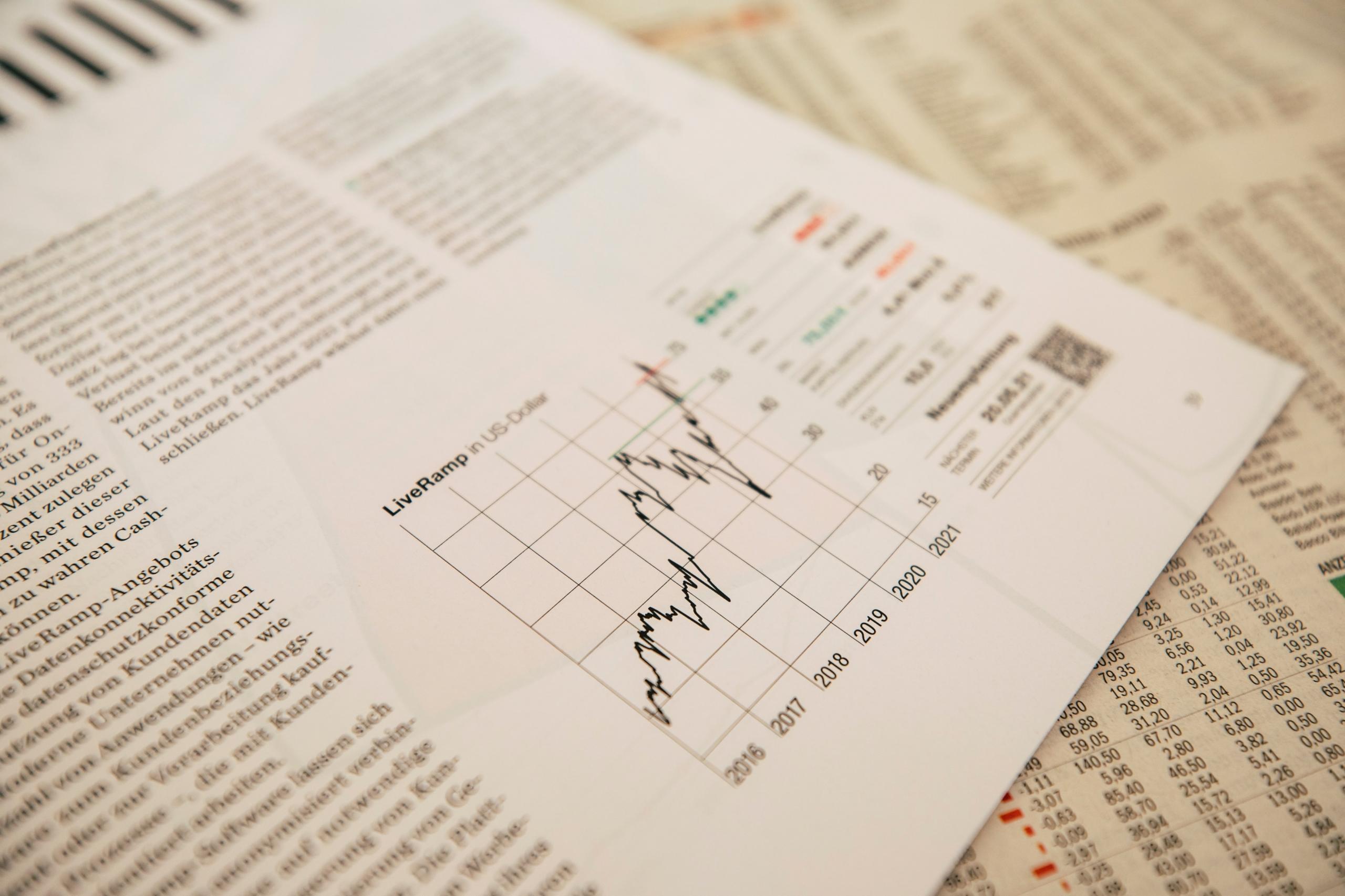History is the study of past events. It explains each event in all aspects of human society.
High school history classes primarily focus on explaining the developments in different areas of society, such as; political, economic, social, cultural, medical, intellectual, military, and religious.
While on the other hand, government and economic history isn't a branch of mainstream political and economic events. It's a historical study of human existence's governmental and economic aspects.
A history of government and economics illustrates the dynamic methods of labor, products, and capital, as well as the development of the economy and its effect on culture, society, and languages.
Economic history is an important academic subject of high school social studies.
This academic study provides individuals with a broad intellectual range of sociotechnical thinking and discipline to understand the aspect of economics beyond its mainstream terms (such as; production, distribution, trade and commerce, social systems, and the relation between state and industry).
It gives a diverse introduction of economic themes, including human welfare, living standards, education development, and inequality. It is important to know, especially if you are interested in learning about American history.
With the main focus on human existence in a world of growth, development, and innovation, government and economic history is an academic discipline that gives a comprehensive view of the human dimension.


The Importance Of Government And Economic History
Behind every economic and political policy initiative lies a story justifying that course of action:
- Public debt is unmaintainable
- Immigration increases unemployment
- Manufacturing is falling behind
- Population growth is out of control
- Resources are continually declining
A nation has many 'narrators' carrying these economic discussions – the media, public sectors, political parties, business schools, and universities - each with its own set of interests, preferences, and values.
Unfortunately, among these narrators, the voice of government and economic history has remained silent to prosecute these claimants.
Our ignorance of government and economic history has developed an inability to understand or frame questions about complex social, economic, and political issues.
The lack of economic aspects in high school history classes has discouraged the interest in investigating past events' patterns, methods, and outcomes that could answer current global economic and political developments and crises.
We don't know what the future holds, but studying economic history can help people succeed.
The historical study of government and economics allows people to understand how decisions and rules affect outcomes, how the market works, and how economic and political forces drive the success of social systems.
Why Study The History Of Government And Economics
The economics-related high school history lessons encompass a variety of topics, including Finance, equality, labor, business, and technology.
Using both qualitative and quantitive data, economic history focuses on understanding the historical context of economic events.
Learning government and economic history may sound incredibly dull.
Still, it can develop great ability in people to understand how the political and economic changes account for the developments in an organization or country.

Since the history of government and economics is broad and diverse, it typically investigates the issues and methods to analyze why certain nations experience an economic rise or fall behind.
It also examines the causes of migration and population changes, how economic inequality is preserved, and how business organizations determine financial performance.
Moreover, considered a valuable subject of high school social studies, economic history uses the scientific method and an evidence-based approach to understand how resources are exchanged or utilized in society.
Studying economic theories can be helpful for public figures to develop effective policies as it cultivates a deep understanding of how to improve financial productivity in today's world.
So, why study economic history? The historical study of political and economic events surveys the cause-and-effect of economic growth.
While you may think it's just a subject for economists or public figures, let's provide some key benefits to show you why economic history is for everyone.
1. Informed Decision Making
Knowledge of government and economic history is vital in improving the economy in several ways.
It encourages the learner to understand and recognize that significant discontinuities in the economic policy have occurred over time, and it may happen again in the future.
These discontinuations have often affected economic and financial crises, which wouldn't be understood in any other way.
Historical training in government and economics forecasts enables individuals to make informed decisions within the organizations and governments.
2. Better Understanding Of Trade And Industry
Fluctuations in economic and financial activity create a cycle that impacts organizations and individuals in several ways.
When the nation's economy grows, unemployment rates are low, and income levels are high.
Learning economic history can help determine what factors result in low economic levels to prevent falling trade market and industry.
Interest rate, tax, and inflation rates are other areas that change due to economic activity.
3. Impacts Industry
Government and economic history emphasize understanding the past developments, mainly related to a nation's or organization's economics, labor, financial, and business.
In other words, it fosters a deep understanding of the economic development of the nations, financial growth, resource allocation, and business enterprise.
In addition to this, economic history also reveals the impact of the economy on industries of all sizes.
Economic intelligence (often called economic history) tends to aid industries with state support, which positively affects the economy, improves political autonomy, and boosts self-sufficiency in its citizens.
Economic history has tremendous influence, as it teaches about advertising, pricing strategies, product research, development, etc.
It can help people understand various aspects, including; agriculture, banking, medical, consultancy, banking, industrialization, and manufacturing.
4. Inspires Business Success
Consumers are the key to business success. The economic aspects taught by high school history lessons include understanding how consumers' behavior has evolved with time.
Learning influential theories, techniques, and models from past economic events can ensure the organizations predict consumer behavior and develop better business strategies.
Economic history focuses on analyzing the production, distribution, and consumption of resources (improving living standards by providing food, services, and other basic requirements).
These are the key drivers in determining the leading cause of current economic changes across the globe.
The history of economics and government explains the economic and financial climate and its impact on businesses.
People who study economic history develop a better understanding of how consumer spending affects pricing strategies, what investment decisions to take, and what policies can contribute to the rise of the business economy.
5. Contextual Importance
The economic context is a pre-formative idea that becomes adopted widely and influences the communities as they evolve and make policies.
Economic history teaches people the importance of context. Wondering how?
Every event in history has its own economic context, shaped by a particular period and influences.
Studying these context (past investment methods, employment aspect, etc.) help the country shape its economic structure.
Every choice you make (individually or as a group) already has a historical model with an institutional context.
Understanding that context can help solve the problems or even find answers to prevailing economic conditions.

6. Financial Wisdom
Economics and Finance are related but not similar disciplines.
While economics focuses on human behavior, local and global markets, goods, and services - it also plays a significant role in tracking the trends and resources that represent money.
An individual who knows economic history will possess benefit-cost analysis, a valuable guide to both financial and economic success.
The students can learn how to make their money to yield benefits, outweighing the investment. For example, what is the estimated cost of using a credit card to pay for a large ticket?
What are the additional costs and benefits of buying your own than renting a home? These examples highlight further economic (benefit-cost analysis) in them.
Knowledge of economic history can provide an analytical framework for the decisions related to purchasing, investments, and savings.
7. Shapes Everything
Economic and financial aspects have a significant influence on our daily lives. These include tax and inflation, emerging markets, inequality, wealth, interest rates, energy, and resource allocations.
A broad historical subject in high school social studies, economics provides answers and solutions to various social, political, and health issues that impact societies and large communities.
8. Prepares For Better Future
Learning government and economic history means getting familiar with the supply-and-demand principle in various situations to labor markets.
Economics is not a theoretical exercise; it explains labor markets globally that train students to work toward their goals.
Unlike mathematics, economics is not about solving. Instead, it's an academic subject that gives students the reason to understand and conquer mathematical skills.
It's challenging to win a game without knowing the rules. Economic teaches the laws of the trade market and industry.
Why Government And Economic History Is Studied In Social Studies
Every event of the past has multiple aspects — political, economic, geographic, cultural, sociological, etc.
No event or a piece of incident can be thoroughly explained or understood without examining the purpose and motive of the characters, the motivation that drove them, their goals, and the reason behind their actions.
Social studies is an umbrella term that refers to the study of human behaviors such as psychology, sociology, religiously, and ethics history.
Economic emphasizes the study of production, distribution, and utilization of goods, which is an essential aspect of human behavior. Hence, Economic history is a branch of social studies.
Ready To Build A Better Future?
An academic course in government and economic history will give you a comprehensive introduction to core economic theories and principles, training you to apply them to the real business world.
The course helps develop the range of the following transferable skills:
- Problem-solving
- Research
- Numeracy
- Time Management
- Communication
A course focusing on economic history involves intensive reading that helps students develop many essential skills such as
- Reading evidence
- Testing theory
- Critical reading
- Analyzing information
An alternative to finance and accounting, economics offer career opportunities in diver fields, such as;
- Banking
- Manufacturing
- Consultancy
- Finance
- Accountancy
With over 100+ professional economic tutors, Superprof takes an interdisciplinary approach, using theories, concepts, and skills from a range of social science to understand economic developments.
Moreover, you can learn about different history subjects, such as European, American, etc. So hire a tutor from Superprof and become a history buff pronto!
Résumer avec l'IA :















